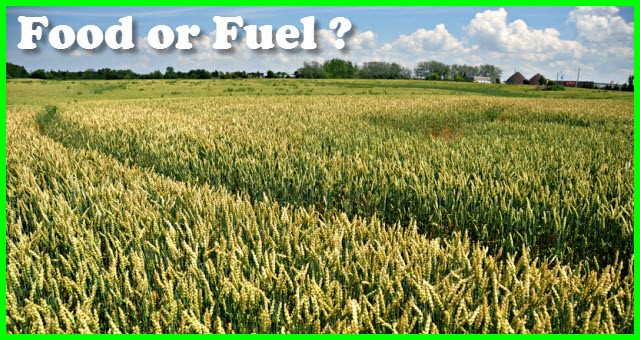This Princeton University Study Shows Some Alarming Truths About Some Biofuels
Your not going to believe this but a study published yesterday in the journal Science found that government biofuel policies relied on reductions in food consumption to generate greenhouse gas savings. In other words the less animals and people eat the less they fart and shit and there is less manure to create greenhouse gasses.
OK the report actually says:
Shrinking the amount of food that people and livestock eat decreases the amount of carbon dioxide that they breathe out or excrete as waste. The reduction in food available for consumption, rather than any inherent fuel efficiency, drives the decline in carbon dioxide emissions in government models, the researchers found.
“Without reduced food consumption, each of the models would estimate that biofuels generate more emissions than gasoline,” said Timothy Searchinger, first author on the paper and a research scholar at Princeton University’s Woodrow Wilson School of Public and International Affairs and the Program in Science, Technology, and Environmental Policy.
Searchinger’s co-authors were Robert Edwards and Declan Mulligan of the Joint Research Center at the European Commission; Ralph Heimlich of the consulting practice Agricultural Conservation Economics; and Richard Plevin of the University of California-Davis.
And went on to say:
The study looked at three models used by U.S. and European agencies, and found that all three estimate that some of the crops diverted from food to biofuels are not replaced by planting crops elsewhere. About 20 percent to 50 percent of the net calories diverted to make ethanol are not replaced through the planting of additional crops, the study found.
The result is that less food is available, and, according to the study, these missing calories are not simply extras enjoyed in resource-rich countries. Instead, when less food is available, prices go up. “The impacts on food consumption result not from a tailored tax on excess consumption but from broad global price increases that will disproportionately affect some of the world’s poor,” Searchinger said.
Read more at the original article
Is it OK to starve people and raise food prices in order to reduce greenhouse gasses that are proving to be a very small factor in climate change?
I don’t think so.



